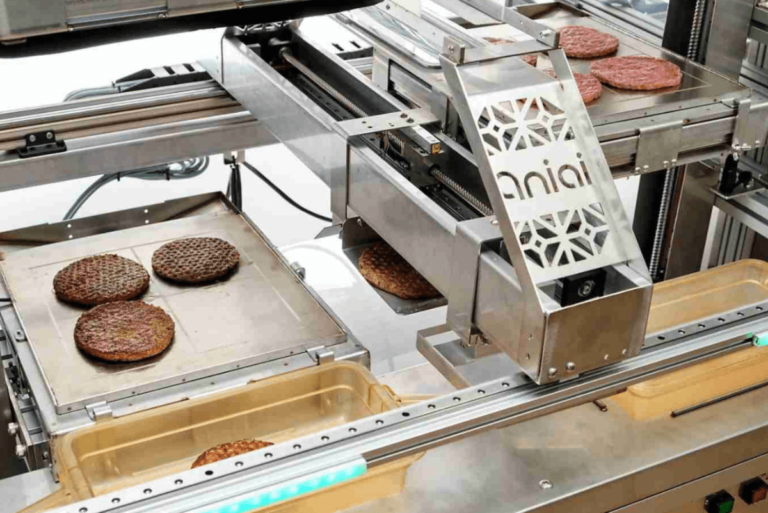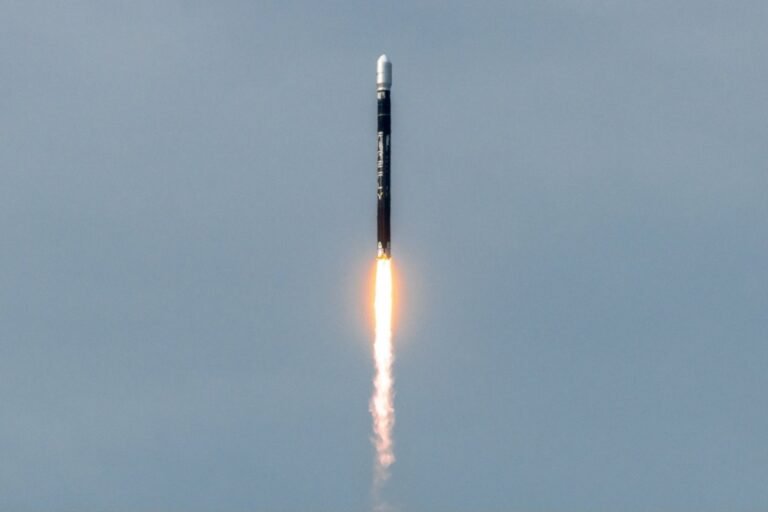
Aniai, a startup that has built a burger-grilling robot, Alpha Grill, said today it has raised $12 million.
“Burger chains hire six to eight kitchen staff per shift to grill burgers,” Aniai CEO Gunpil Hwang said.
If the user’s patty does not meet its cooking recipes, specifications and requirements, Alpha Grill promptly notifies the cooking staff to ensure quality control.
It has also been testing Alpha Grill with burger chains in the U.S. since last year.
Other companies in this space include Miso Robotics, which is behind Flippy, a burger-flipping robot; Botinkit, a cooking robot maker in China; and Chef Robotics in San Francisco.

Sony is breaking new ground in the ongoing NFTs and content authenticity saga.
While it might not strictly be termed an NFT, it resembles the core concept of these non-fungible tokens.
We’re collaborating with the Associated Press and other industry leaders to create a digital birth certificate for images shot on our cameras.
The technology, designed to be integrated into the camera’s hardware – starting with the new Alpha 9 Mark III camera, generates a machine-based digital signature when an image is captured.
So, while Sony hasn’t literally launched an in-camera NFT, they’ve certainly created a system that mirrors the core functionality of an NFT – proving ownership and authenticity in the digital space.

Firefly Aerospace sent its Alpha rocket to orbit this morning, with the company carrying a payload from Lockheed Martin to space.
Today’s launch marks the fourth-ever flight of Firefly’s Alpha rocket.
The rocket was carrying Lockheed’s demonstrator payload, called the Electronically Steerable Antenna (ESA) technology demonstrator, to low Earth orbit.
From there, the Lockheed Martin payload should have been deployed.
For that mission, Firefly had just 24 hours to complete final launch preparations, encapsulate the payload and mate it to the rocket.






